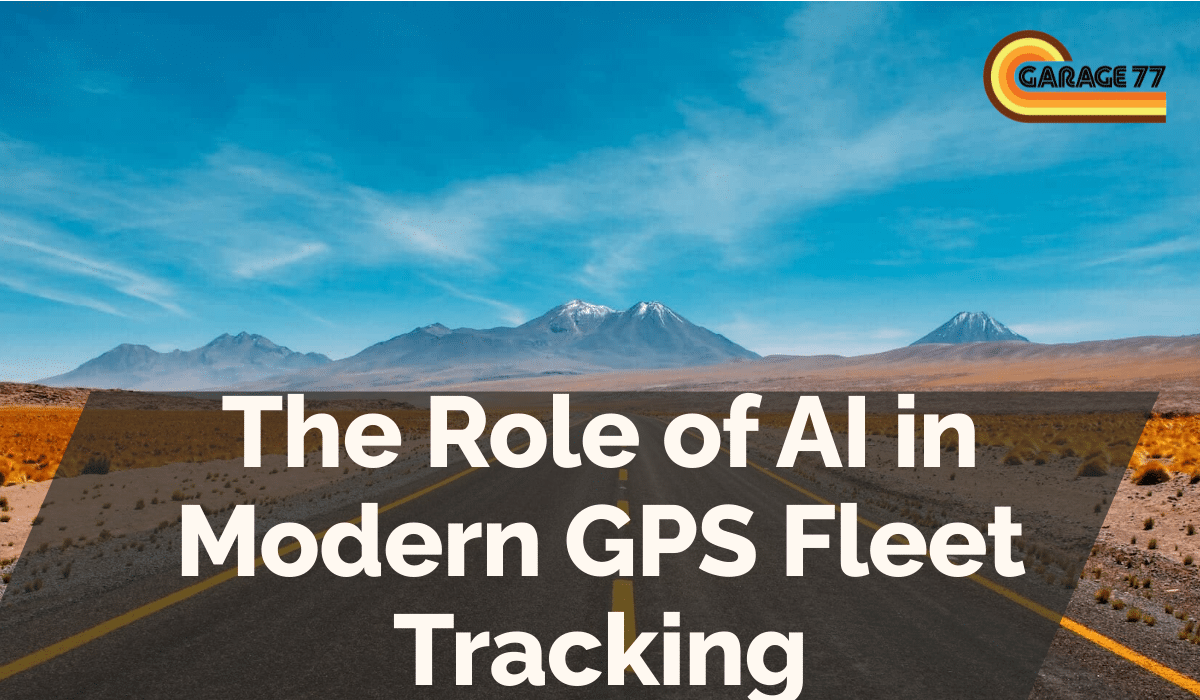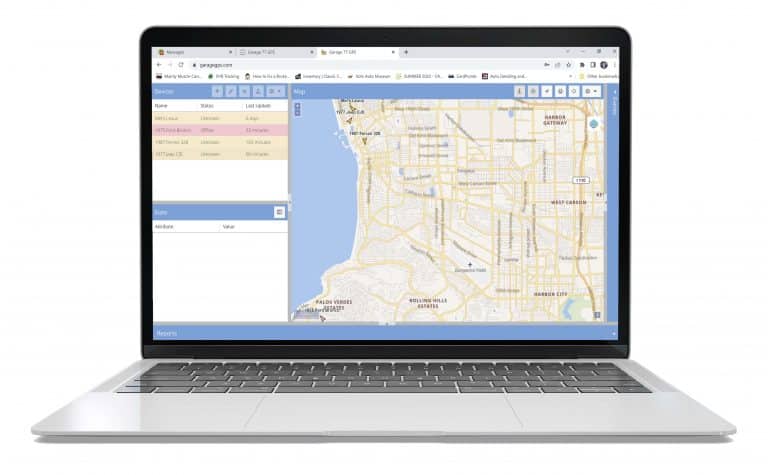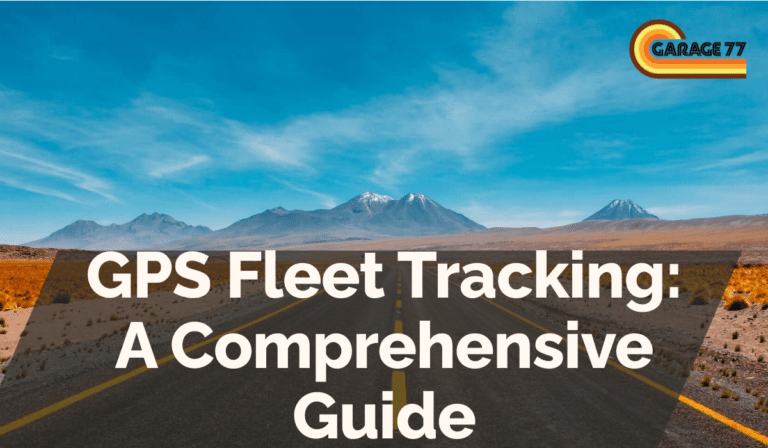In the world of logistics and transportation, GPS fleet tracking has become a revolutionary component providing visibility into the real-time operations of a fleet. The advent of Artificial Intelligence (AI) is revolutionizing fleet management, taking GPS tracking systems from basic tracking functions to sophisticated, intelligent tools. This article will delve deeper into the role of AI in enhancing GPS fleet tracking systems and improving fleet management.
The Integration of AI in GPS Fleet Tracking
AI technology, when merged with GPS fleet tracking, provides a powerful tool for fleet managers. AI uses advanced algorithms and machine learning to analyze fleet data in real-time. Rather than simply providing the location of each vehicle, AI can use this data to predict trends, identify possible issues before they become problems, and suggest the most efficient routes.
Benefits of AI in GPS Fleet Tracking
-
Enhanced Efficiency: AI can help in route optimization by predicting traffic conditions and suggesting the most efficient routes. This not only saves time but also reduces fuel costs.
-
Improved Safety: AI can analyze driving patterns for each driver and identify risky behavior. It can suggest necessary interventions to improve driving habits, enhancing the overall safety of fleets.
-
Predictive Maintenance: AI can predict when specific parts of a vehicle may need servicing or replacement, helping to prevent costly breakdowns and avoid significant downtime.
Emerging AI Technologies in GPS Fleet Tracking
Several promising AI technologies are emerging in the GPS fleet tracking domain. These include Natural Language Processing (NLP) for easy interaction with the tracking systems, and deep learning models that accurately predict future trends. With continued advancements in AI and machine learning, we can expect these to progressively enhance GPS fleet tracking.
FAQs
Can AI be fully implemented in my existing GPS fleet tracking system?
Yes, most of the current GPS fleet tracking systems are compatible with AI implementations. It’s advisable to check with your service provider for specific details.
Will AI make GPS fleet tracking systems more expensive?
While the upfront cost may be higher, the long-term benefits of efficiency, reduced downtime, and safer driving can result in significant savings, making it a cost-effective solution in the long term.
Conclusion
In conclusion, the integration of Artificial Intelligence with GPS fleet tracking systems brings a higher level of effectiveness and sophistication. The predictive abilities of AI combined with real-time tracking allows for improved management and operation of fleets. Despite the potential upfront costs, the long-term benefits and improvements in efficiency make it a valuable investment for the future of fleet management.







